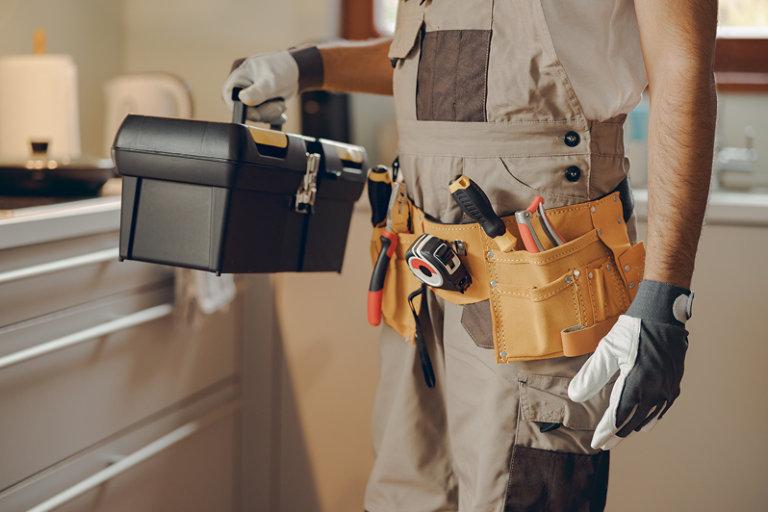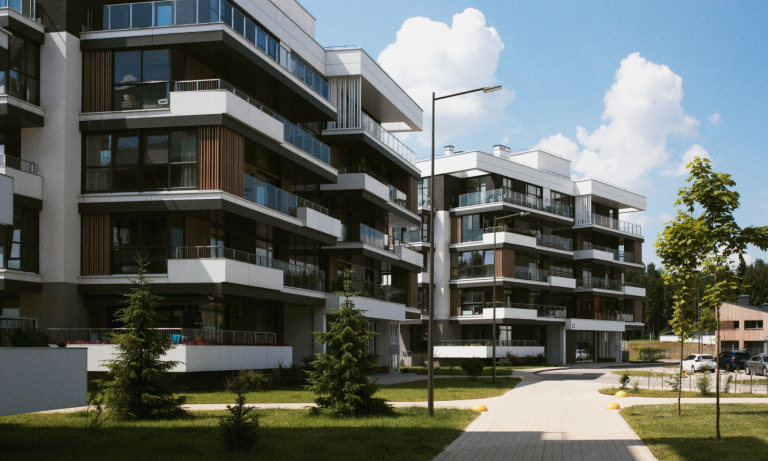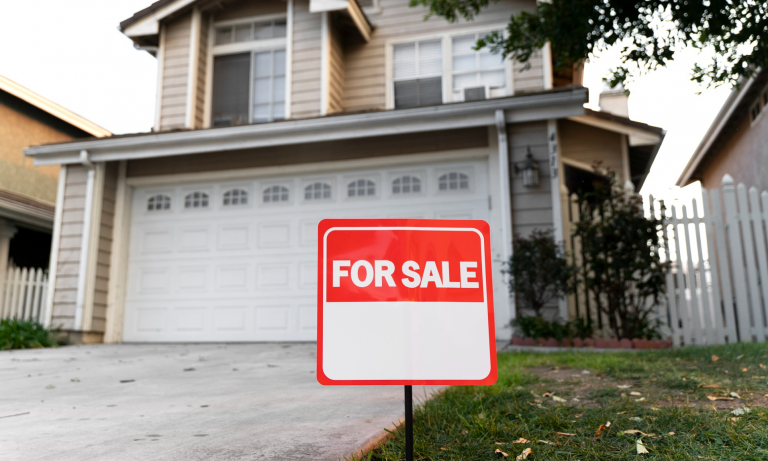Selling your home can be an overwhelming experience. Before you dive in headfirst, make sure you know the right approach to use, and adopt patience and preparation. Here are some key tips to help you navigate your way to a successful sale.
To sell your home successfully, you need to think like a buyer. Remember what drew you to the property in the first place. Whether it was the location, the space, or the amenities nearby, these are the things that potential buyers will consider too. Make a list of all the positive aspects of your property and work with your agent to highlight them in your marketing efforts.
A good estate agent can be your best ally during the selling process. They’ll help you navigate negotiations and serve as a professional intermediary so do your research well. Take the time to find an agent who specialises in your area and has a solid track record. Don’t hesitate to ask for references and meet with them in person to ensure they’re the right fit for you. Remember, cheap doesn’t always mean best.
When potential buyers come to view your property, you want it to look its best. Invest time in giving your home a thorough cleaning and fixing any minor repairs. Your estate agent can also provide valuable advice on what improvements may be necessary before listing your home.
Selling a property takes time. Be patient and stay committed to the sale, even if it takes a few months. Remember, the first offer may not always be the best one, but your estate agent should provide guidance on the best course of action based on market conditions and your specific circumstances.

While you may have a specific selling price in mind, it’s important to be realistic. Your estate agent will conduct a valuation of your property and provide an assessment based on market conditions. Consider their advice carefully and be open to adjusting your price if necessary.
Do your research and know what is happening in the financial market. A reputable financial adviser and a reliable estate agent can assist in deciding whether now is the best time to sell and how to get the best bang for your buck, whilst attracting the right buyer.
Finally, marketing your listing is crucial to attracting buyers. Work with your estate agent to ensure your property is presented in the best possible light. Professional photographs and video walkthroughs can make a significant difference in generating interest.
Social media can also be a powerful tool for spreading the word about your property. Share photos and a personal description to engage potential buyers in your network.
Don’t forget the importance of hosting a show house either as they can create a sense of urgency among potential buyers, quickening the sale processing and often fetching a better price. Take the time to present your home in its best light and be prepared to answer any questions potential buyers may have.






























































